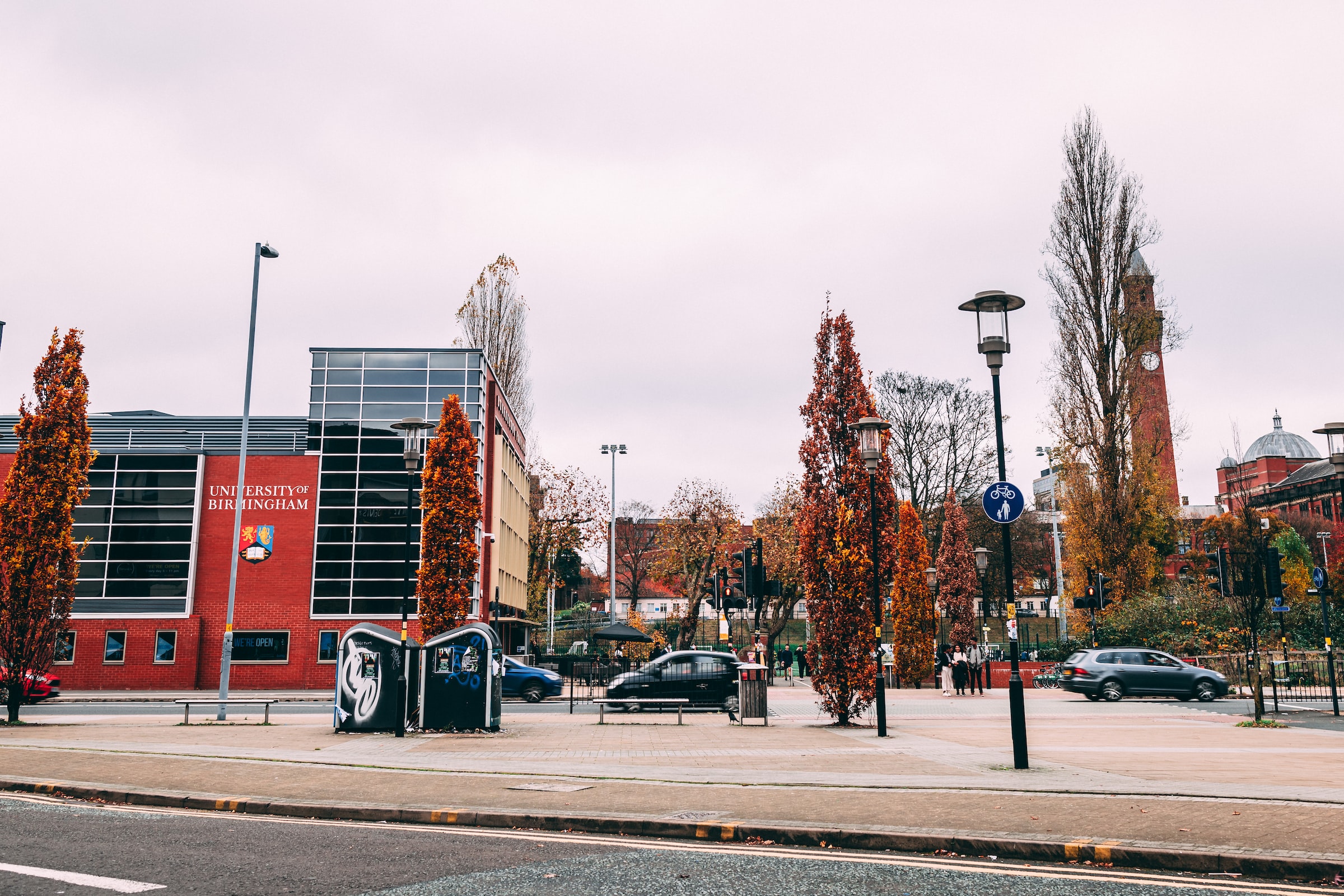
Comment Editor Ffion Hâf takes a look back at Legally Blonde, arguing that it remains an iconic feminist piece 20 years on
Legally Blonde may be turning twenty this year, but the iconic film that brought us the ‘bend and snap’ will forever have a place in our hearts. The film follows the bountiful blonde Elle Woods (Reese Witherspoon), the girl who has it all until her dream of becoming Mrs. Warner Huntington III is crushed when her boyfriend (Matthew Davis) decides that he needs someone more serious and breaks up with her. In an effort to teach Warner a lesson and win him back, Elle stops at nothing to get into Harvard; however, whilst she is there, she learns that there is more to life than winning a man back and falls in love with the subject of law.
[Legally Blonde is] both ironic and comical in its depiction of the male gaze
One of my favourite parts of Legally Blonde is Elle’s admission video to Harvard, which features Elle in a bright-pink bikini, floating on an inflatable in her pool, talking about how she is the perfect candidate for law school. One of the most iconic quotes from this movie comes from Elle’s video essay when she shows her unique ability to use legal jargon in everyday life: “I feel comfortable using legal jargon in everyday life. [Wolf whistle] I object!” Whilst it may be perceived as a comic mockery of the ‘blonde bombshell’, this is exactly why it is so effective. Elle uses this image to her strengths and embraces everything that makes her different to the typical Harvard applicant. The fact that the Admissions board, a group of old, white men, accepts her application with the reasoning that the university needs to “diversify its student body” is both ironic and comical in its depiction of the male gaze. Elle knows that she will be objectified and judged on the basis of her appearance, so why not use it to her advantage?

Elle’s personal growth as a character is demonstrated through her shift in motivation, instead of wanting to win back the misogynistic Warner, she strives to succeed in her career. Even though they both made it into Harvard (and it should be noted that he only got in due to ‘Daddy’s connections), Warner states that she is still not smart enough for him at Viviane’s (Selma Blair) party. This becomes the turning point for Elle and she then throws herself into her classes. It is this experience of rejection that I believe allows Elle to truly realise her self-worth and understand that there is more to life than being a beautiful piece of candy on a man’s arm. This is interestingly represented through Elle and Emmett’s (Luke Wilson) romance – instead of being the driving force in the film, it is kept as a subplot. Emmett is a positive influence in Elle’s life as he supports her and wants to see her succeed without changing who she really is; here we have a man who is comfortable on the sidelines and is happy to be Elle’s cheerleader, without being concerned for his masculinity. Whilst Legally Blonde could have easily become another romance, Emmett remains, for the most part, out of the picture, allowing Elle to shine.
It is this experience of rejection that I believe truly allows Elle to realise her self-worth
One of the most prominent features of Legally Blonde is Elle’s wardrobe – she flaunts her overwhelmingly pink and hyper-feminine outfit choices with a sense of unfaltering flair, among which are a hot pink leather two-piece and a baby-pink knee-length dress. Elle’s clothing is central to the message at the heart of the film, as it encompasses the theme of female empowerment and the ability to rebut the stereotypical ‘dumb blonde’ trope. Elle uses her femininity to her advantage and proves that she deserves to be among her equals at Harvard. She is suited to the courtroom environment and overcomes hurdles by simply being herself. She compromises neither her style nor her individuality, choosing not to conform to the stereotypes of what a successful woman should look like. Her wardrobe serves as a reminder that outward appearances do not define us, and a woman can be both feminine and successful. To Elle, pink represents her confidence, and the colour becomes a symbol of power and a sense of self-assurance in both herself and her personal style.

In 2021 this message is all the more crucial
Legally Blonde is unquestionably a feminist piece, which younger viewers, myself included, may have missed in the past. It contains important themes such as sexual harassment and the manipulation of the justice system. Legally Blonde highlights the issue of sexual harassment in the workplace through Callahan (Victor Garber), a successful law professor who mentors Ellie in her internship. Callahan explains that a career in the competitive field of law is really about “knowing exactly what you want and how far you will go to get it” before putting an unwanted hand on her thigh. It is evident that Callahan’s support is conditional on Elle tolerating such harassment. It exemplifies the harsh realities of a man bringing down a woman’s confidence in herself as Elle almost drops out of law school, convinced that she only earned her position because Callahan saw her as a “piece of ass”. Callahan’s move illustrates the reality of the challenges that women face every day that can unfairly, yet easily, take them out of their careers before they even begin. In 2021 this message is all the more crucial, especially in light of the #MeToo movement, as it discusses workplace sexual misconduct and unfair power dynamics.
Luckily for Elle, she meets Professor Stromwell (Holland Taylor) at the beauty salon, who delivers one of the film’s most iconic lines and inspirational pep-talk: “’if you’re going to let one stupid prick ruin your life, you’re not the girl I thought you were”. To put it another way, do not let anyone stand in the way of your dreams, and especially do not let sexist men shape your destiny. Demonstrating that women do not need men to save the day, Elle can lean on other strong women who support and empower her. What I love about this film is how it depicts female friendships positively. From Elle supporting Paulette (Jennifer Coolidge) in her confrontation with her abusive ex-husband, to the mending of the feud between Vivian and Elle due to their rivalry over Warner. The film subverts sexist tropes when they both ditch the man and become friends instead. The film rectifies the notion that you do not need men to be successful, women must believe in themselves and fight twice as hard to earn their rightful places within an unequal and unjust place of work.

Proving that justice will always be served (pun intended), Elle stays true to herself and is hired to represent client Brooke Taylor-Windham (Ali Larter) over Callahan, and subsequently wins the trial with the help of the overly ‘feminine’ knowledge that she was once ridiculed for whilst supporting her go-to outfit colour: vibrant pink. To the viewer’s delight, Elle also graduates from law school at the top of her class and with a prestigious job lined up despite the hurdles she had to face on the way. She does this by looking and acting like herself, with both pink sparkles and with a chihuahua in hand. Over the past 20 years, Elle has become a beloved character for both her intoxicatingly pink wardrobe and her insistence on unapologetically being herself. She remains an emblem for challenging gender stereotypes and embraces the power of femininity in the face of misogyny.
Feeling nostalgic? Check out these Redbrick Rewinds for more:
Redbrick Rewind: Tangled Turns Ten
Redbrick Rewind: Jennifer’s Body

Comments